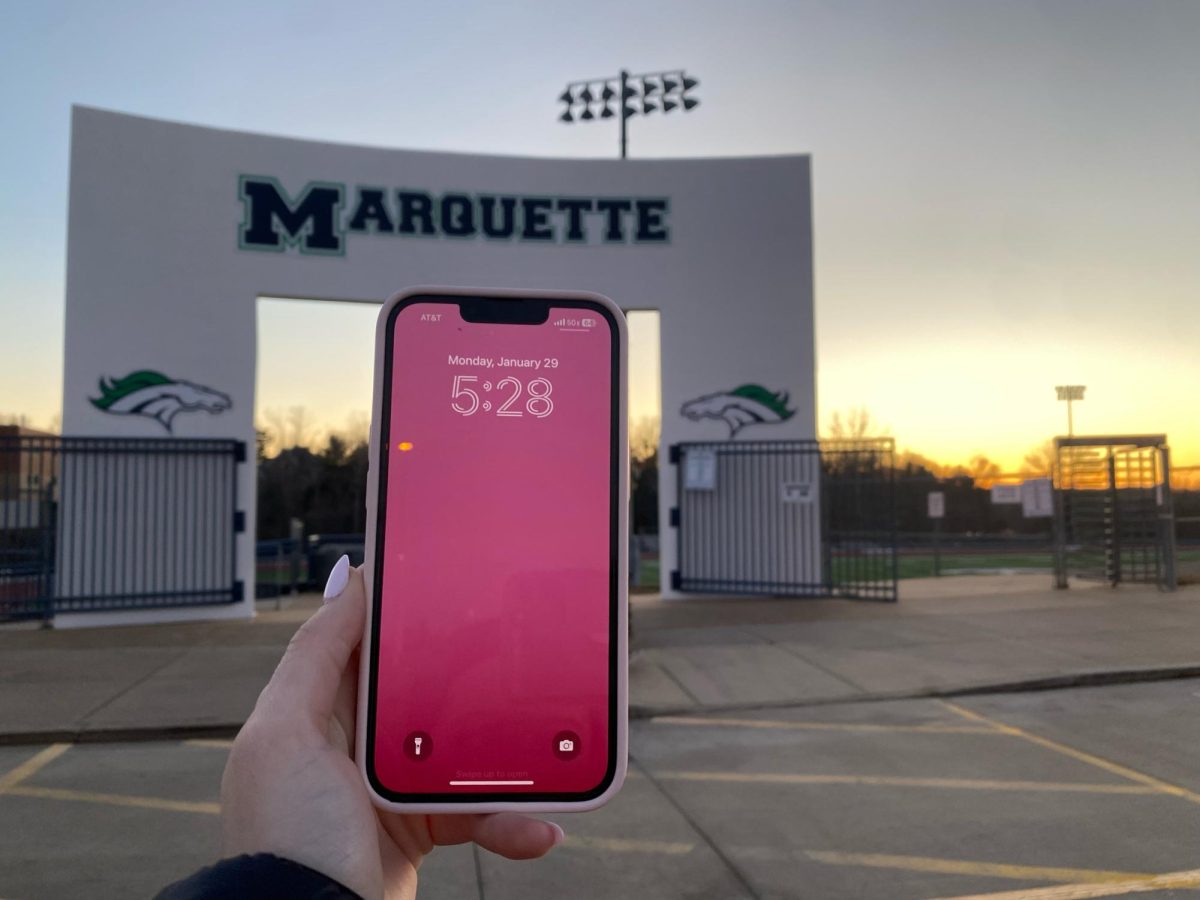On the first Sunday of November every year, the clocks are not the only things that fall back. Many students find themselves falling behind socially, academically and mentally when the sun sets earlier in the day, altering their moods and throwing off their mental clock.
Harini Annadorai, senior, said that when daylight saving time (DST) ends, she finds her routine going from active to stagnant. The sun going down earlier means a more introverted lifestyle for her.
“I do think that during the fall I like to keep to myself,” Annadorai said.
DST also disrupts her routine. With her days being cut short in the fall, she has been forced to accept this change in her lifestyle and adjusts by relying more on herself than her friends.
“I definitely have a more stagnant lifestyle. I’m mainly just at my house, doing stuff by myself,” Annadorai said.
The end of DST also affects attendance. A study from the National Center for Biotechnology Information found that absences and tardies increased significantly during the winter months.
Data provided by Anna Speaker, registrar, corroborated that absences generally increased from before daylight savings time ended to after. The average number of absences per day went from approximately 277 absences per day during DST to 361 per day after DST ended. For reference, there were 2,155 students enrolled during first semester.
Personal lifestyles and attendance are only a start of the long list of effects DST ending can have. The end of DST can also affect students academically,
Katie Bauman, social studies teacher, sponsors the Mustangs for Mental Health club. Bauman noticed how her students struggle more immediately after DST ends, and as they adjust to the newly limited hours of daylight and the change in their sleep schedules.
“I definitely see more burn out in late November and early December of the fall semester,” Bauman said.
Bauman suggested that Rockwood implements a fall break in order to allow students to adjust to the change of DST ending.
“I think incorporating a fall break would do a lot to improve both student and teacher burnout and increase attendance,” Bauman said.
Bauman, like many people in the community, also experiences mental effects during the fall, including seasonal depression, tiredness, and noticeably increasing stress levels. Bauman said the lack of sunlight and abrupt schedule change along with the end of the semester approaching are to blame.
Despite the introduction of a bill in Missouri that proposed to do away with the “spring forward, fall back” practice, it never passed, leaving Missouri as one of the 48 states that participates in DST. Not only is the practice outdated, being originally established during World War I for fuel conservation, but it also has been known to cause additional car accidents due to disruption of sleep schedules, Bauman said.
“I believe daylight savings is no longer necessary for our society. It is my hope that the nation, or at least Missouri, will do away with this practice,” Bauman said.





